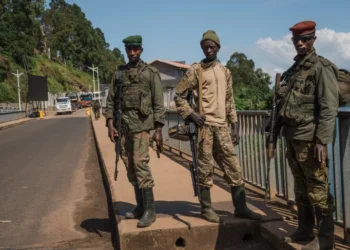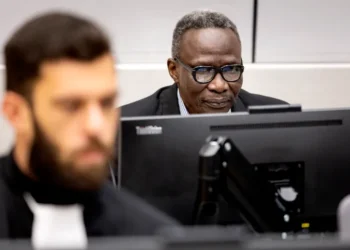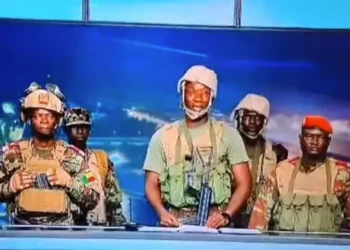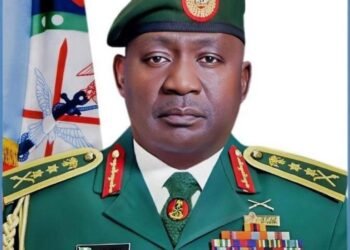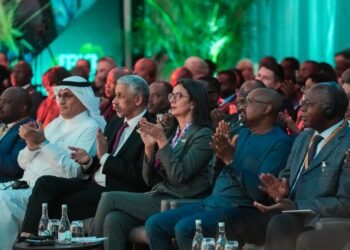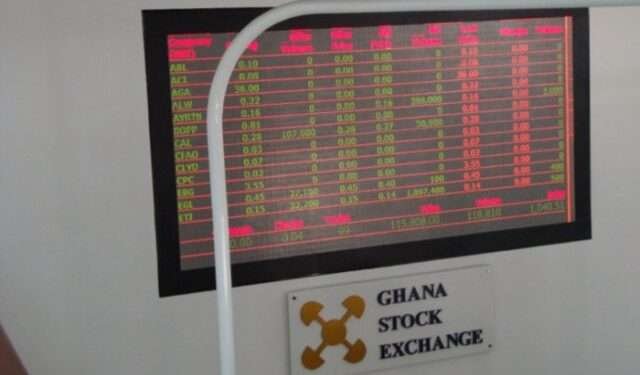A two-week ceasefire in eastern Congo has significantly reduced fighting, but aid workers and local civil society groups warn that millions trapped in one of the world’s largest humanitarian crises remain in dire need.
With a week left of the ceasefire, they say that much-needed assistance has yet to reach many of those affected.
The United States announced the humanitarian ceasefire last week, pausing clashes between Congolese forces and rebels reportedly supported by neighboring Rwanda.
The fighting has escalated this year, particularly in North Kivu province, displacing hundreds of thousands of people.
Abdoulaye Barry, head of the United Nations refugee agency’s sub-office in the region, stated that the two-week period is insufficient.
Despite the truce, reports of ongoing violence in Masisi territory near Goma, the capital of North Kivu, have emerged.
“Even in accessible areas, the displaced suffer because resources are limited,” said Barry, noting that the agency has yet to deploy additional resources.
In Bulengo, one of the region’s largest displaced persons camps, initial joy over the ceasefire quickly turned to disappointment when aid failed to arrive.
Faustin Mahoro, a refugee and camp leader, expressed the community’s frustration: “We continue to suffer from the lack of humanitarian support. We don’t see the benefit of a humanitarian truce if humanitarian aid does not reach us.”
Eastern Congo, far from the nation’s capital Kinshasa, has long been plagued by more than 120 armed groups vying for control of the region’s gold and other resources.
Among the most active is the March 23 Movement, or M23, which once occupied Goma and now controls about half of North Kivu province, according to Richard Moncrieff, the Crisis Group’s Great Lakes region director.

The violence has spread throughout the country, displacing over 7 million people, most of them in the east.
This year alone, at least 416 violent attacks targeting civilians have been recorded, resulting in 1,467 deaths, nearly half of which occurred in North Kivu province, according to the U.S.-based Armed Conflict Location & Event Data Project (ACLED).
Calls For Ceasefire
The French medical organization Doctors Without Borders, or MSF, welcomed the ceasefire, saying it would allow them to work “more calmly and deliver medications” in several affected communities.
“The absence of artillery between the two parties enables us to work more safely in the sites where we offer free care,” said Camille Niel, MSF’s emergency coordinator.
However, the U.N. children’s agency reported a 30% increase in grave violations against children in eastern Congo during the first three months of this year compared to the last quarter of 2023.
Despite the reduction in frontline fighting, violent clashes have continued in some areas.
On Wednesday, villages in Masisi territory, including Nyange and Bibwa, experienced clashes between M23 rebels and “youth resistance fighters” who often collaborate with security forces, according to Kambere Bonane, a local civil society leader.
“We commend international diplomacy, but we urge the international community to move beyond theory and consider practical solutions for lasting peace,” Bonane added.
As the ceasefire enters its final week, the urgency for effective humanitarian intervention is clear. Without immediate and substantial aid, millions of displaced Congolese remain vulnerable, and the fragile peace may not hold.
The international community must act swiftly to ensure that the promises of the truce translate into tangible relief for those most in need.
READ ALSO: NAPO’s Selection Sparks NPP’s Voter Support Drop In Accra




